Latest News

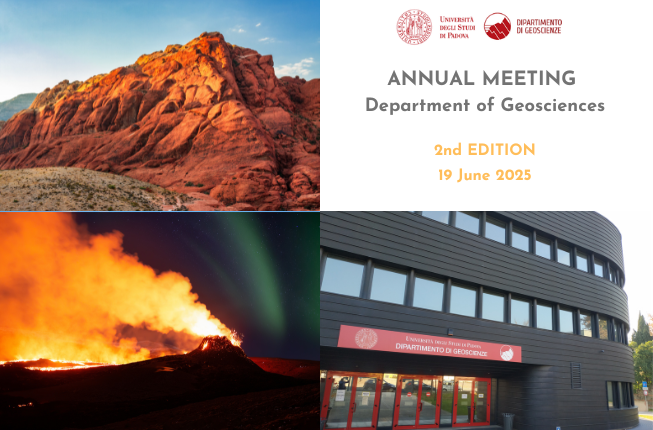 | Geosciences Annual Meeting 2025: Connecting Research and People The event will take place on Thursday, 19 June from 2:15 pm onward. The goal is to foster the integration of research activities and the sharing of knowledge | |
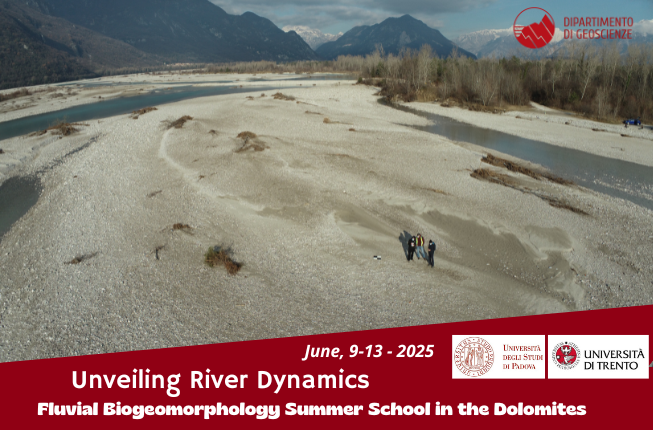 | Unveiling River Dynamics: Fluvial Biogeomorphology Summer School 2025 in the Dolomites A unique multidisciplinary training experience integrating geomorphology, hydraulics, and vegetation dynamics. The Summer School, from 9 to 13 June 2025, is jointly organized by the University of Padova and the University of Trent | |
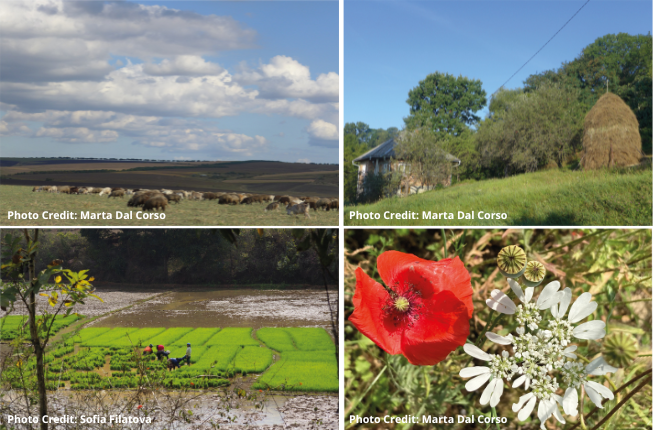 | On May 15 the journal Philosophical Transactions B of the Royal Society published a volume about domestication. Within this volume, there are 17 contributions by authors from different countries and backgrounds. Dr. Marta Dal Corso is among the editors | |
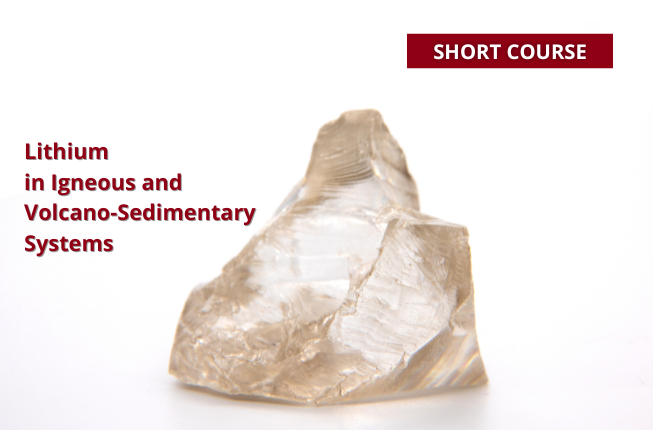 | Lithium in Igneous and Volcano-Sedimentary Systems: Geological Aspects and Exploration Strategies On May 20, 2025, the Department of Geosciences at the University of Padua will host a short course on lithium mineralization in igneous and volcano-sedimentary systems, focusing on geological aspects and exploration strategies | |
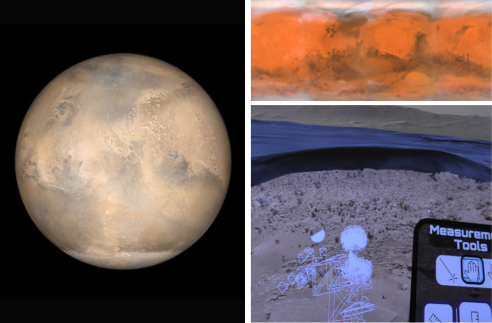 | Climate history recorded in Martian sediments A new study led by Beatrice Baschetti, PhD candidate at the Department of Geosciences of the University of Padua and researcher at the Italian National Institute for Astrophysics (INAF), sheds light on the past climatic evolution of Mars | |
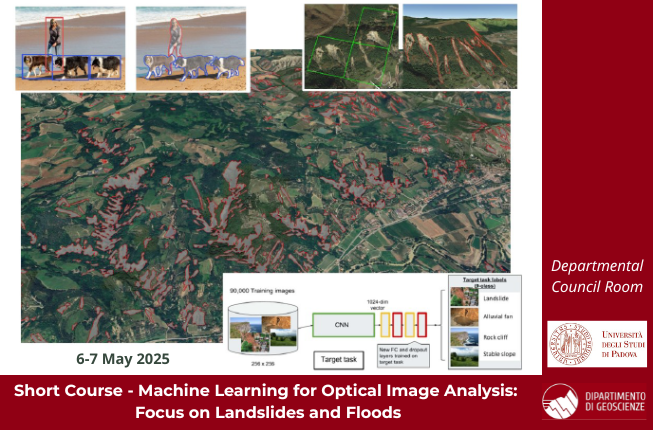 | Data, Pixels and Disasters: Landslides and Floods Seen Through Machine Learning On May 6–7, 2025 two intensive days of training on machine learning applied to optical image analysis and extreme natural events | |
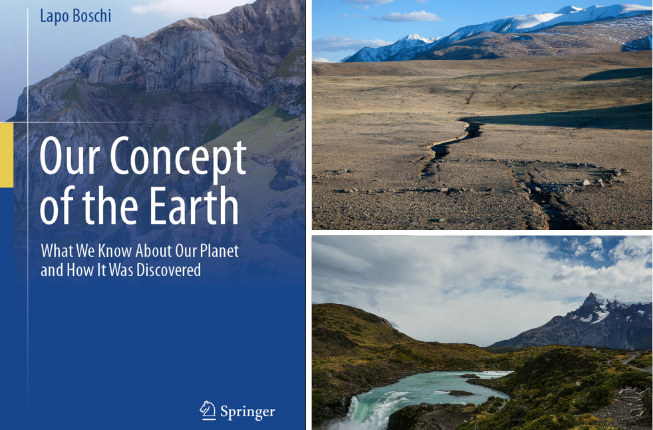 | "Our Concept of the Earth": the planet, chapter by chapter With this book, Prof. Lapo Boschi guides readers on a historical and scientific journey into the heart of the planet | |
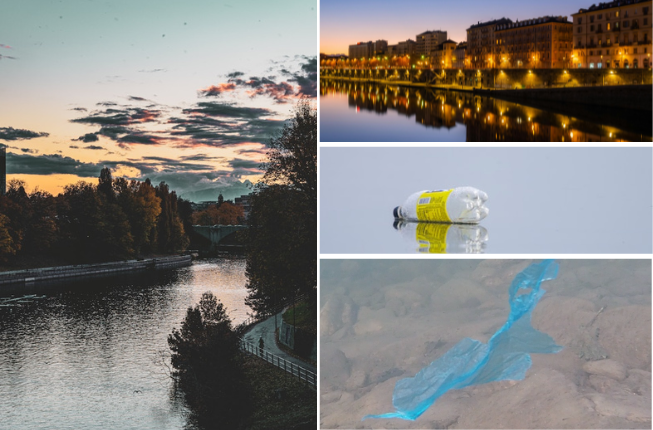 | PoSalvaMare: the project to monitor river littering in Italy is underway On April 4, 2025, PoSalvaMare officially kicks off, a project focused on monitoring and reducing plastic pollution in the Po River, Canalbianco, and Canale Villoresi. The Department of Geosciences at the University of Padua is involved through the River Lab research group, which will contribute scientific and technological expertise to the initiative | |
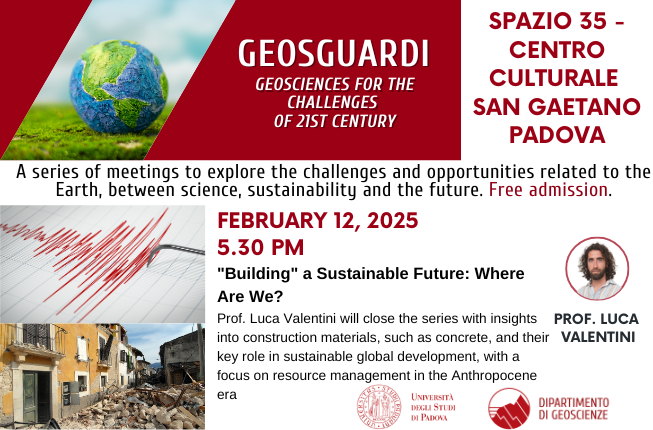 | Final GeoSguardi Seminar: Sustainability and Building Materials at the Core of Luca Valentini’s Talk A journey through geosciences and sustainability: Professor Valentini’s seminar closes the GeoSguardi series with a focus on construction materials and the challenges of the Anthropocene | |
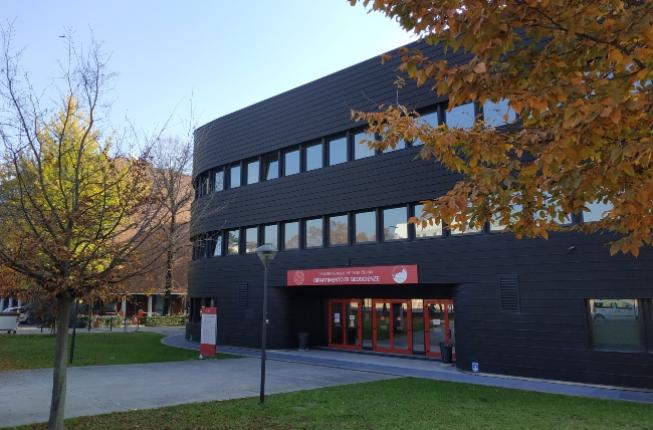 | Geosciences at Unipd Among the Top in the QS Ranking 2025 The Department of Geosciences at the University of Padua stands out in the QS World University Rankings by Subject 2025, reinforcing its role in research and education at both national and international levels | |
 | Sediment dynamics and human impact on coasts: three in-depth seminars The Department of Geosciences at the University of Padua is hosting three seminars by Dr. Eli D. Lazarus, a professor at the University of Southampton (UK), focusing on the complex interactions between geohazard events, anthropized landscapes, and coastal dynamics | |
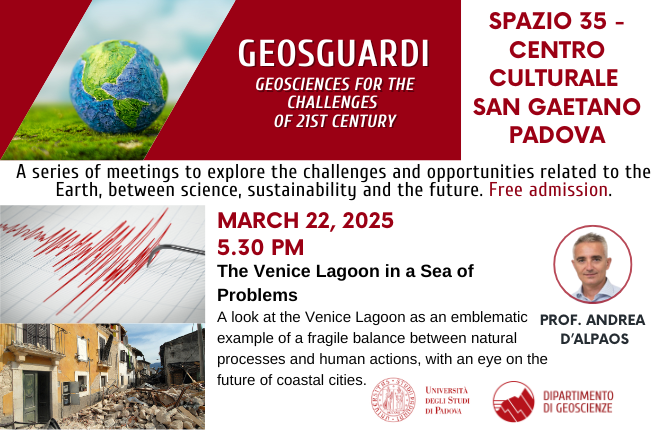 | The Venice Lagoon: Between Climate Change and Human Pressure On March 22, 2025, as part of the GeoSguardi seminar series, Prof. Andrea D’Alpaos will discuss the environmental challenges threatening the Venice Lagoon. The event will take place at the Centro Culturale San Gaetano (Spazio 35) in Padua, starting at 5:30 PM, with free admission | |
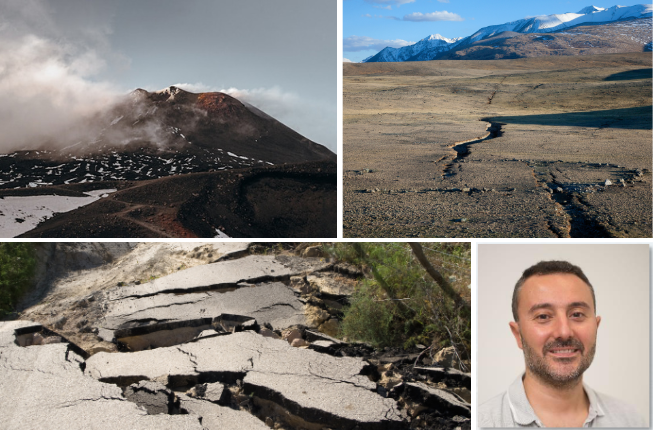 | Manuele Faccenda wins the ERC Proof of Concept Grant for the MODEM project A €150,000 grant to develop innovative technology for improving the monitoring of volcanoes and earthquakes | |
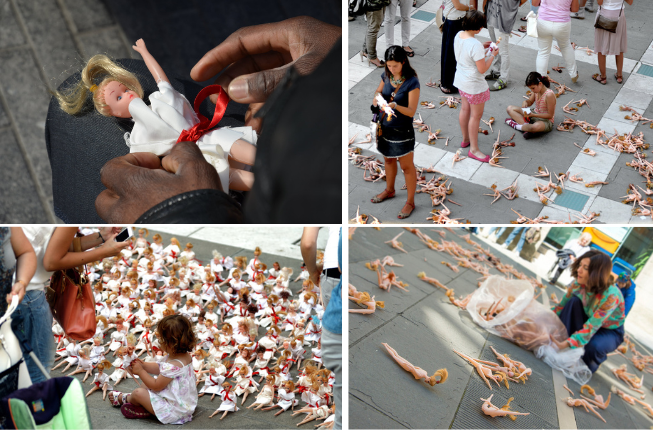 | TOYS? – The interactive installation at Unipd for the week of March 8 On 7 March from 12.30 p.m. will be hosted at Via Gradenigo 6, in the ‘campus’ shared by the Department of Geosciences, the Departments of Information Engineering and the Departments of Industrial Engineering | |
 | Ceramic Petrology Group - Annual Meeting at the Department of Geosciences on 20th and 21st February 2025 | |
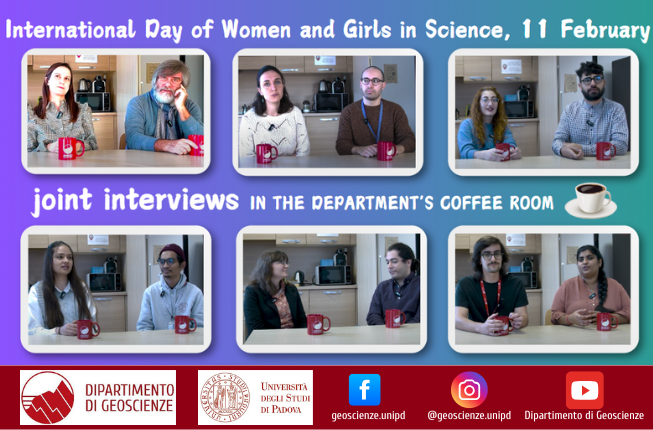 | International Day of Women and Girls in Science - 11 February 2025 The social media campaign of Department of Geosciences based on "joint interviews" with male and female professors, researchers and Ph.D. students. | |
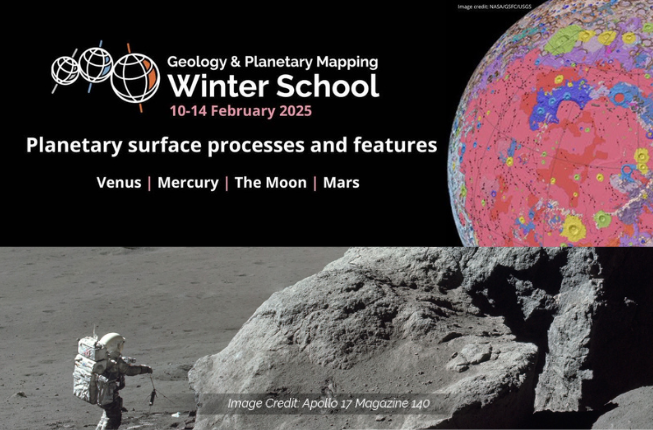 | Geology & Planetary Mapping Winter School 2025 In real time in the week 10-14 February 2025, and asynchronously on the Streavent platform for the following month, The 2025 edition will cover planetary surface processes and features of Venus, Mercury, The Moon and Mars | |
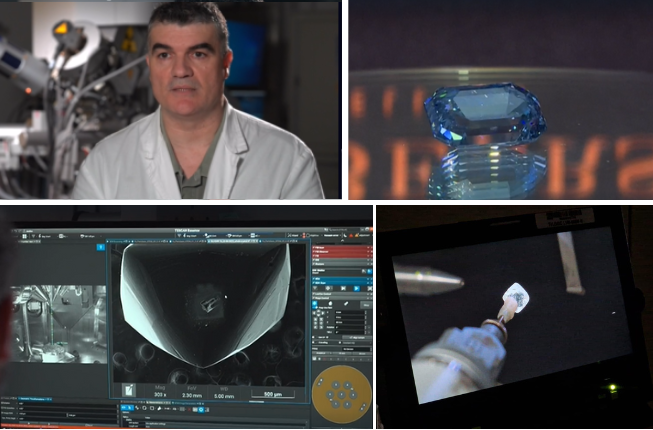 | Nano-crystals in Diamonds: €2 Million for Fabrizio Nestola's Project by the Fondo Italiano per la Scienza (FIS) of the MUR for the project ‘Discovering mineral nanoinclusions in diamonds’ | |
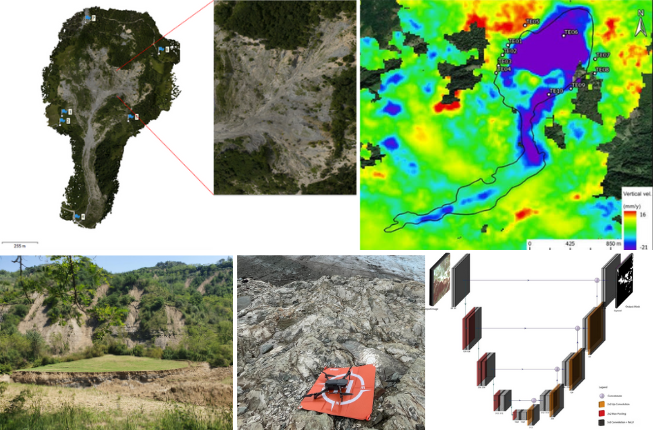 | Training and Dialogue: Analysis of Ground Deformation Processes On January 23-24, 2025, the Department of Geosciences at the University of Padua will host an important training event organized by Spoke VS2 RETURN | |
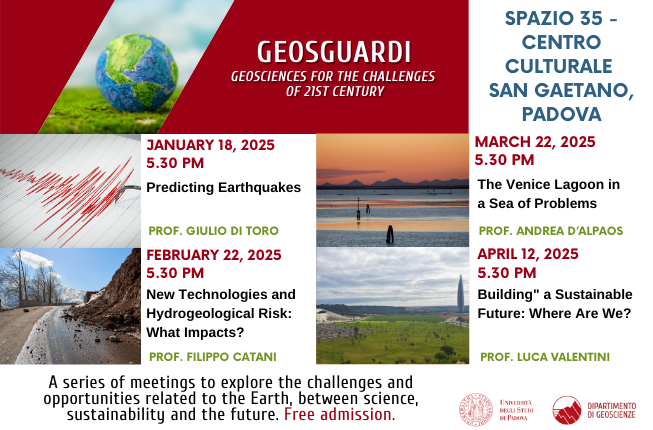 | GeoSguardi: Geosciences in the Spotlight with a Series of Seminars in Padua A series of four seminars addressing the scientific and social challenges of our time through the lens of Earth Sciences. From January 18 to April 12, 2025, at the Centro Culturale San Gaetano (Spazio 35) in Padua, starting at 5:30 PM with free admission |





